International Day of Disappeared Persons is held every year on August 30th. In Abkhazia, the vast majority of the missing are people who disappeared during the Patriotic War of the people of Abkhazia.
Asta Ardzinba
August 30 is the International Day of Disappeared Persons. This is an important and mournful date for Abkhazia: dozens of families in the Republic do not have information about the fate of their close relatives.
The vast majority of the Abkhaz missing persons are people who disappeared during the Patriotic War of the people of Abkhazia from 1992-1993. Relatives have long had no hope of seeing them alive, but are eager to at least bury their remains, as required by Abkhaz customs.
They don’t have tombstones
You can’t go to the graves to these missing persons; their relatives don’t erect tombstones to them. However, the residents of the Republic honor their memory in other ways.
The inscription on a small fountain of drinking water on the Makhadzhir Embankment in Sukhum says: “Memory is the only paradise from which we cannot be expelled.”
This fountain, created by sculptor Arkhip Labakhua and installed on the square near the Abkhaz State Drama Theater in 2011, is the only monument in Abkhazia to people whose whereabouts is still not available. According to the author’s idea, this is a symbol: yet the water runs out in the fountain, the memory of the missing will be alive. The monument is crowned with a small bronze sculptural composition, which shows that once deceased loved ones continue to be with us.
The fountain in the Theater Square is just one of the proofs of warm memory of them. The main thing is that in the country for more than a quarter century after the end of the war, work continues to restore the fate of the missing.
War pain
Since 2010, the International Committee of the Red Cross (ICRC) has been organizing bilateral meetings of representatives of Georgia and Abkhazia on the search for missing persons during the 1992-1993 war. During these meetings, the parties exchange information on the possible location of burial places and the fate of missing persons.
With the assistance of the ICRC, it was possible to begin the process of exhumation and identification of the unidentified remains of soldiers who died during the hostilities in the Republic in 1992-1993. To conduct research work, world-class experts in the field of anthropological archeology were involved. Examination of the remains of fighters is carried out in a DNA laboratory in the city of Zagreb in Croatia.
For six years of active work on exhumation, the ICRC experts discovered 431 bodies in Abkhazia. Of these, 163 people were identified who were previously considered missing.
In particular, the remains of 42 people were transferred to the Abkhaz side. However, another 127 families are still waiting for information about the fate of their relatives who disappeared during the armed conflict.
Search and identification of the remains of the deceased continues. 268 remains of bodies found in the territory of Abkhazia have not yet been identified, since not all relatives of the missing are ready to take DNA tests. Many have their own personal beliefs about this. Some take this topic so painfully that they do not even want to talk about it, representatives of the Red Cross explain.
In April 2019, an exhibition of photographs was held in Sukhum. An exhibition entitled “We are waiting” spoke about the progress of the ICRC's program to search for missing persons in Abkhazia.
At the opening of the exhibition, the head of the ICRC mission in Abkhazia Maxim Zabaluev said: “Families of the deceased have the right to know the fate of their loved ones. They have the right to know where their relatives are buried in order to come to the graves and pay tribute to the memory ... The program will continue, we will look for burial places throughout the territory of Abkhazia.”
Each soldier of the Abkhaz army identified in the framework of the ICRC program was reburied with honor. More than two decades after the war, the Abkhaz people seemed to return to military realities. The seemingly prolonged wounds of the war were felt again.
Identified decades later
One story in the summer of 2015 particularly shocked Abkhazia.
A native of Chlou village, Ochamchira district, Boris Inapshba died during the March 1993 offensive. That offensive operation of the Abkhaz army in Sukhum misfired and Boris’ body remained on the left bank of the Gumista, not controlled by the Abkhaz army.
After the victory of Abkhazia in the war - already in October 1993 - it was almost impossible to identify the soldiers buried in the mass grave. However, Boris Inapshba’s parents then nevertheless took away the body, as they believed, of the deceased son, and buried him in a family cemetery in the village of Chlou.
The widow of the fighter - Hero of Abkhazia - Mziya Beya then did not resist the will of the elders, but, according to her, she was tormented by doubts. That is why, when the international program began to work in Abkhazia, the process of exhumation and identification of unidentified soldiers buried in the Battle Glory Park in Sukhum began, she turned to the Commission on Missing Persons under the Cabinet of Ministers of the Republic. The most difficult thing was to persuade the relatives of the spouse to still participate in the program and take DNA tests.
As it turned out later, not in vain. The authentic remains of Boris Inapsрba were identified among those buried in the Battle Glory Park.
On June 21, 2015, the family had the opportunity to rebury the remains of Boris Inapshba on the family estate.
“Now my soul is calm, because the son knows where his father is buried, and the grandchildren will also know where to come and lay the flowers,” Mziya said then.
Survive until dawn
“We can’t be destroyed on the quiet, the confrontation will continue,” the national poet of Abkhazia Taif Adzhba wrote in his diary and put the date under the note: “October 9, Friday.”
It was October 1992; the war has been going on in Abkhazia for two months.
On this day, Friday, October 9, a group of armed Georgian guards brought the poet and several other men out of an apartment building in the New District of Sukhum. They were taken away in an unknown direction. From then until today, nothing is known about the fate of Taif Adzhba.
Taif Adzhba was taken in broad daylight in front of neighbors. Before he left, he asked his wife only about one thing - to keep a personal archive and manuscript of a secret diary, to save it from state councilors in order to convey to the descendants the truth of those days.
The diary of the poet, which he began to keep from the first days of hostilities, was subsequently published under the title “Survive until dawn.” He often repeated these words in the pages of his diary.
According to unconfirmed reports, the Abkhaz poet Taif Adzhba was shot after long torture. The place of his burial is unknown.
Clarification of his fate especially worries Abkhaz society. This issue remains one of the main issues at the Georgian-Abkhaz meetings on the search for missing persons, which are held under the auspices of the International Committee of the Red Cross.
In 2014, the ICRC experts conducted a search, but there was no burial at the indicated location in the village of Akapa, Sukhum district, where Taif Adzhba was supposed to be buried. The question remains open. Nevertheless, both the Abkhaz side and international experts assure: failure does not mean that the case will be closed. The search for Taif Adzhba, a recognized classic of Abkhaz poetry, will continue. After all, as you know, the war is not over until the last soldier is buried.
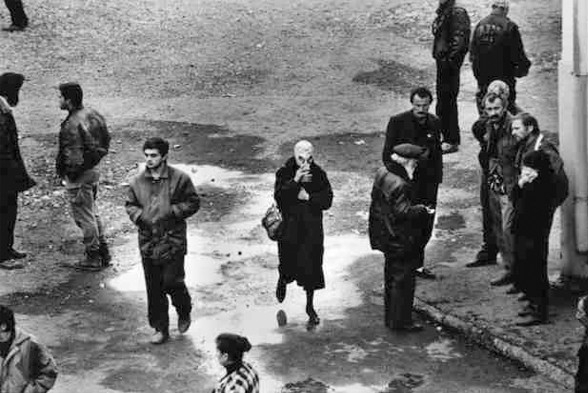
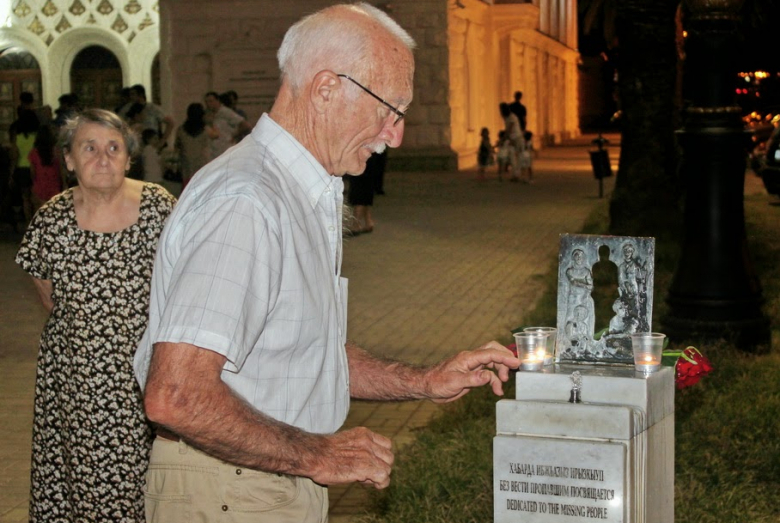
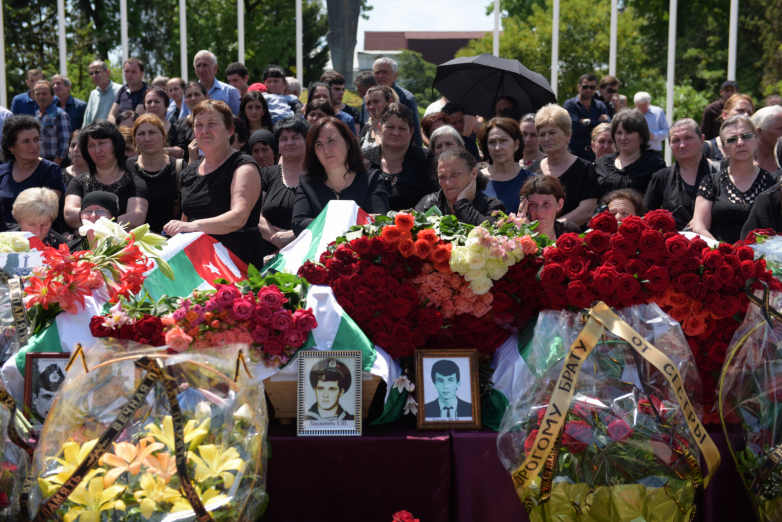
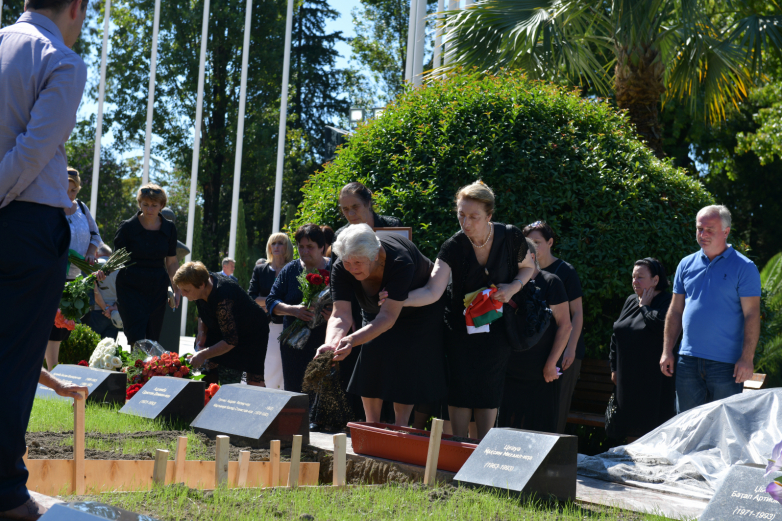
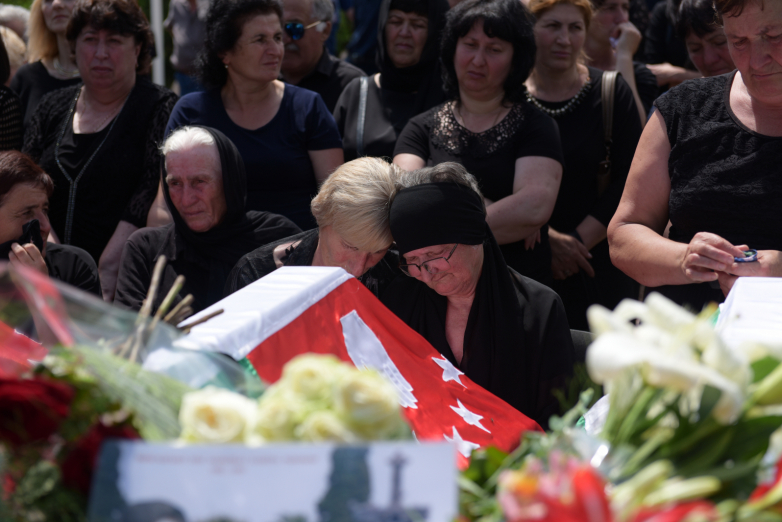
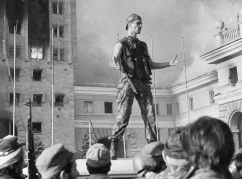
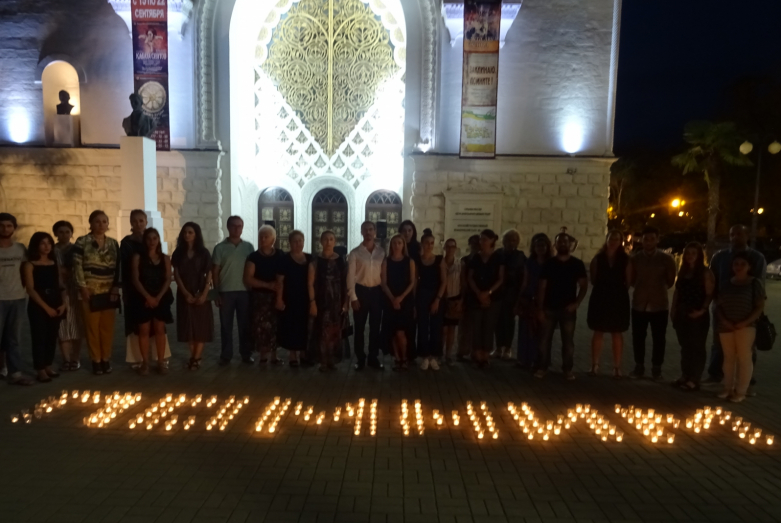
to login or register.